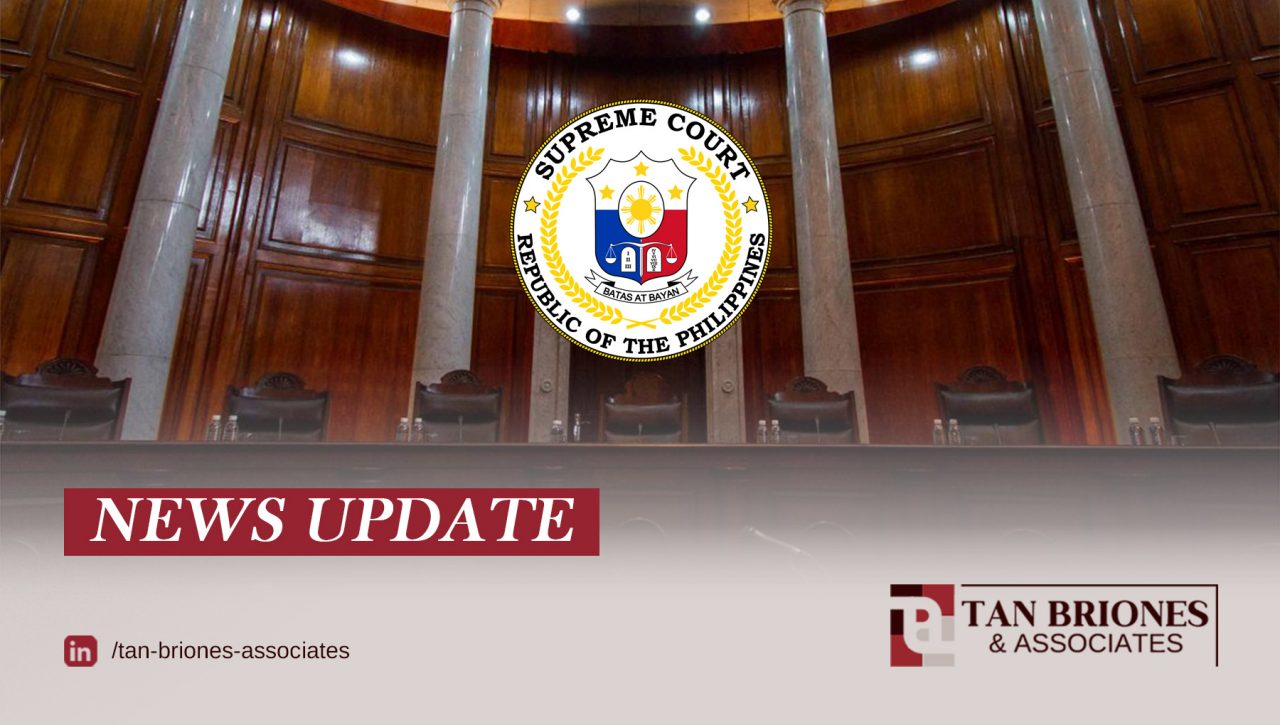
The Supreme Court (SC) has overhauled its disciplinary body by replacing the Judicial Integrity Board with a new Judicial Integrity Office (JIO), a move it said will strengthen accountability and protect public confidence in the justice system.
In a resolution dated March 4 and published on August 20, 2025, the Court En Banc approved the creation of the Judicial Integrity Office under its supervision, mandated to investigate complaints, issue subpoenas, and recommend sanctions or clemency against justices, judges, and court personnel.
“[The Court] will not hesitate to rid its ranks of undesirables who undermine its efforts towards an effective and efficient administration of justice, thus tainting its image in the eyes of the public,” the resolution stated.
The JIO will be headed by a Judicial Integrity Officer, who will serve a four-year term, renewable once, and may be replaced upon the retirement of the Chief Justice. The position requires a seasoned lawyer with investigative experience and no close relation to sitting justices or judicial personnel.
The JIO will directly receive administrative complaints, except those against SC justices, which remain under the Court’s Ethics Committee.
The office may also initiate cases on its own, act on referrals from agencies such as the Civil Service Commission, Commission on Audit, Office of the Ombudsman, and Department of Justice, and recommend preventive suspensions during investigations.
According to the Court, the rules for the first time introduce a grievance conference for light offenses within the same court or office, intended to resolve disputes before they are formally docketed.
The Court also clarified that with the passage of Republic Act No. 11691 or the Judiciary Marshals Act, the Corruption Prevention and Investigation Office has been rendered ‘functus officio’, with its functions now carried out by the Judiciary Marshals.
During the transition, the acting JIB chairperson will serve as Judicial Integrity Officer while other members act as consultants until their terms expire.
The reform, part of the Strategic Plan for Judicial Innovations 2022-2027, followed a review of the JIB created in 2020, with a technical working group recommending its consolidation into a single office to improve efficiency and accountability.
The resolution takes effect 15 days after its August 20 publication, with a technical working group to draft the JIO’s internal rules within a month.
Follow Tan Briones & Associates on LinkedIn for more legal updates and law-related articles.







